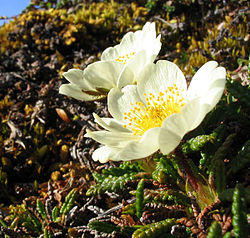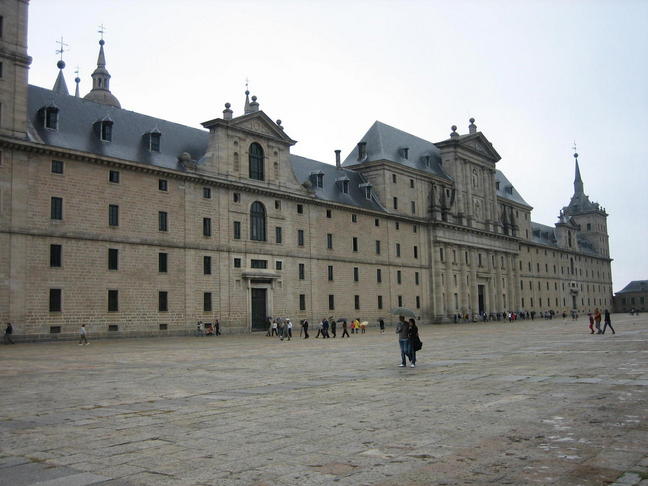Just about two years ago, Chemistry Nobelist, and atmospheric scientist Paul Crutzen opened a huge can of worms by suggesting that, since the world doesn’t seem to be getting its act together to significantly reduce CO2 emissions, it would be prudent to think about emergency measures in which we engineer ourselves out of the crisis by monkeying directly with the Earth’s solar radiation input instead of dealing with the CO2 content of the atmosphere. The specific proposal was to inject chemicals into the stratosphere that would form sulfate aerosols and hence block sunlight. Crude estimates suggest that the aerosol fix (if it is indeed a fix and doesn’t create more problem than it solves) is more technologically feasible than sci-fi dreams of sunshades at the Lagrange point. Not to say technologically feasible, necessarily, but not so far out as the other schemes. Crutzen’s idea, and related geoengineering proposals, have been discussed here on RealClimate. The subject is once more in the news, thanks to this chipper little op-ed by Ken Caldeira, which appeared in the New York Times this week.
Update: I just noticed that our original RealClimate piece was done before Crutzen’s article was published. You’ll find his article here (subscription not required).
[Read more…] about Gee-Whiz Geoengineering

 The main theme of the
The main theme of the